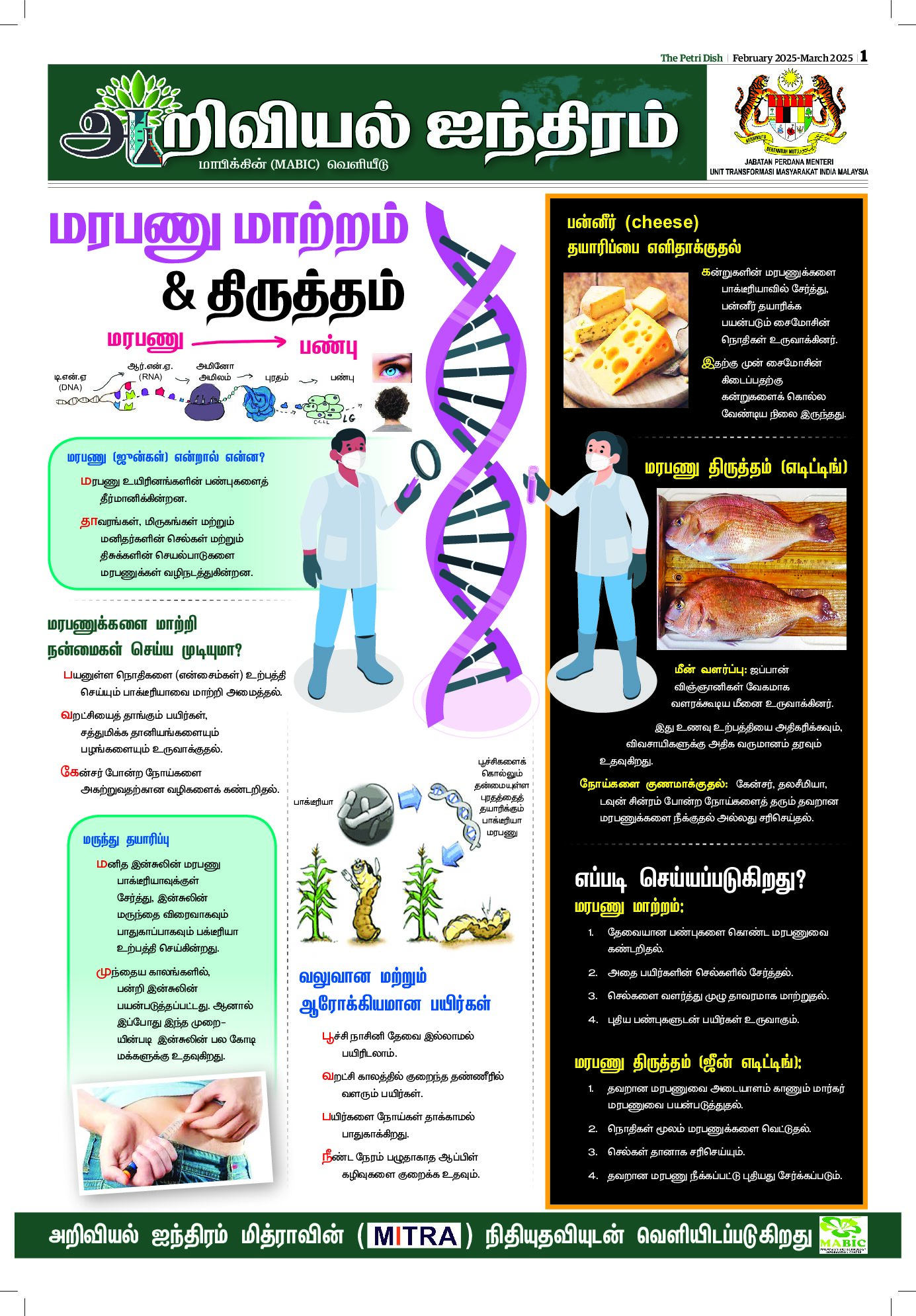RISING temperatures could make some species sterile and see them succumb to the effects of climate change earlier than currently thought, scientists at the University of Liverpool warn.
“There is a risk that we are underestimating the impact of climate change on species survival because we have focused on the temperatures that are lethal to organisms, rather than the temperatures at which organisms can no longer breed,” explains evolutionary biologist Dr Tom Price from the University’s Institute of Integrative Biology.
Currently, biologists and conservationists are trying to predict where species will be lost due to climate change, so they can build suitable reserves in the locations they will eventually need to move to. However, most of the data on when temperature will prevent species surviving in an area is based on the ‘critical thermal limit’ or CTL — the temperature at which they collapse, stop moving or die.
In a new opinion article published in Trends in Ecology and Evolution, the researchers highlight that extensive data from a wide variety of plants and animals suggests that organisms lose fertility at lower temperatures than their CTL.
Certain groups are thought to be most vulnerable to climate-induced fertility loss, including cold-blooded animals and aquatic species. “Currently the information we have suggests this will be a serious issue for many organisms. But which ones are most at risk? Are fertility losses going to be enough to wipe out populations, or can just a few fertile individuals keep populations going?












